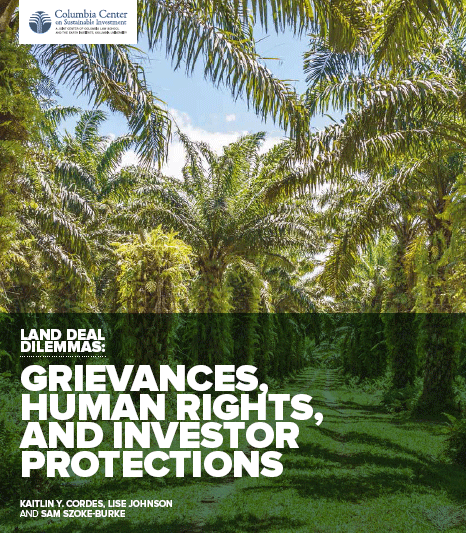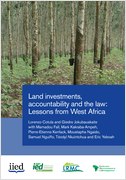Land Policies for Growth and Poverty Reduction
Land policies are of fundamental importance to sustainable growth, good governance, and the well-being of, and the economic opportunities open to, both rural and urban dwellers - particularly the poor. To this end, research on land policy, and analysis of interventions related to the subject, have long been of interest to the Bank's Research Department, and other academic, and civil society institutions.









